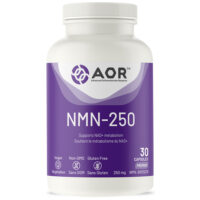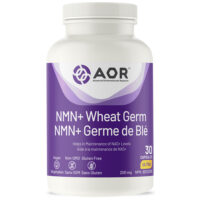For most people, mosquito bites are very unpleasant. Depending on your reaction, they can range from annoying to downright painful. But for many people, a mosquito bite doesn’t just mean skin irritation; it can mean a serious illness.
While most areas of the world don’t have to worry about many of these diseases, they affect large populations elsewhere. Just because you may live in an area where these diseases are rare, it doesn’t mean they don’t happen.
Female mosquitoes need to drink blood to survive and reproduce. Their mouths are specially developed to be able to pierce the skin and ingest blood. Just like diseases can enter your body by using dirty needles, they can also be carried through the mosquito from one host to another. While the mosquito is immune to these diseases, the animals and people it bites aren’t.
The most commonly known and dangerous disease spread by mosquitoes is malaria. This is a parasite that infects the liver and eventually spreads to the blood. If left untreated, it can cause major organ damage and even death. While it is preventable and treatable, 300 million people are infected and 1 million people die of it every year around the world because the treatment is not readily available.
Another less know disease carried by mosquitoes is dengue fever. Depending on the type, symptoms can range from a simple skin rash to uncontrollable bleeding and death. While the fatality rate is low, there is still no cure, and the range of this disease has spread across the globe as mosquitoes adapt to new climates.
While most diseases caused by mosquitoes are quick acting, elephantiasis can affect a person their whole life. Children, mostly in Africa and India, can contract this disease; however, most don’t develop visible symptoms. The disease slowly causes damage to their kidneys and lymphatic systems as they age. Symptoms, including damage to extremities and reproductive organs, start to appear once they reach adulthood.
While still fairly rare, West Nile virus has become an increasing threat even in developed countries. While the disease causes few or no symptoms in 90% of the people who contract it, it can make others severely ill causing fatigue, severe pain, shaking, and possibly death. The effects of the disease can affect patients long after the symptoms are gone.
So what can you do about this problem? While most of these diseases can be easily treated, the best cure is never to get bitten at all. If you are going outside, especially in watery or forested areas, be sure to apply a good mosquito repellant or putting out repellants like citronella when you go out in the yard. You can prevent mosquitoes in your own yard by eliminating standing water in ponds, birdbaths, or even buckets and rain gutters.







